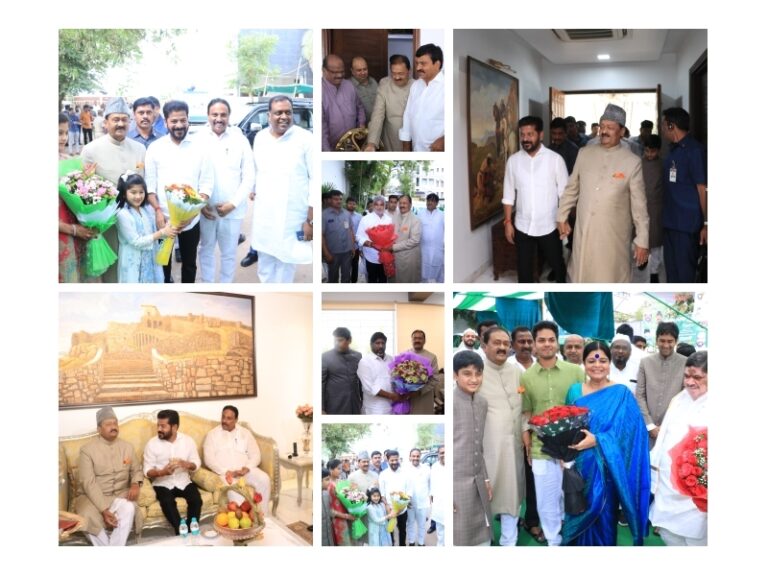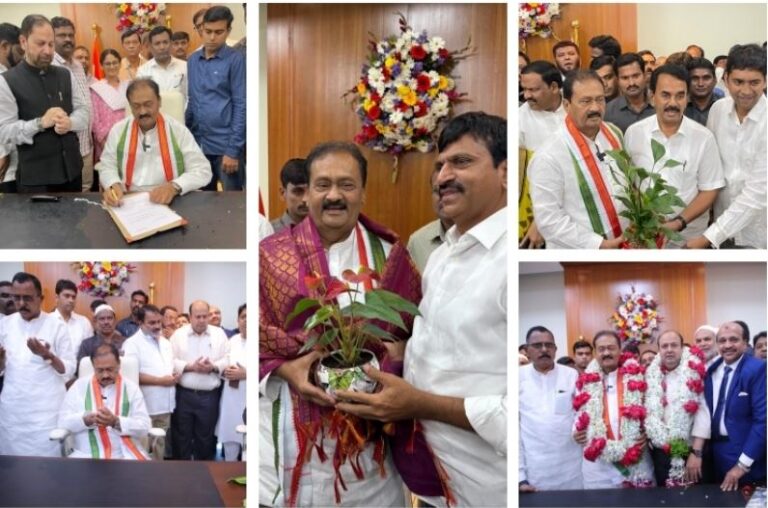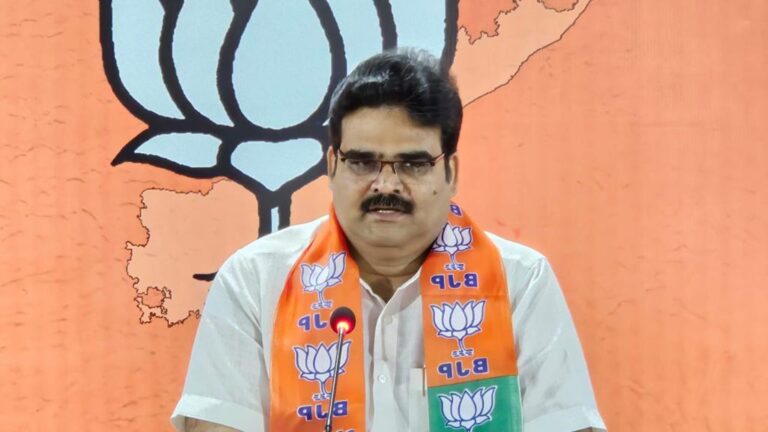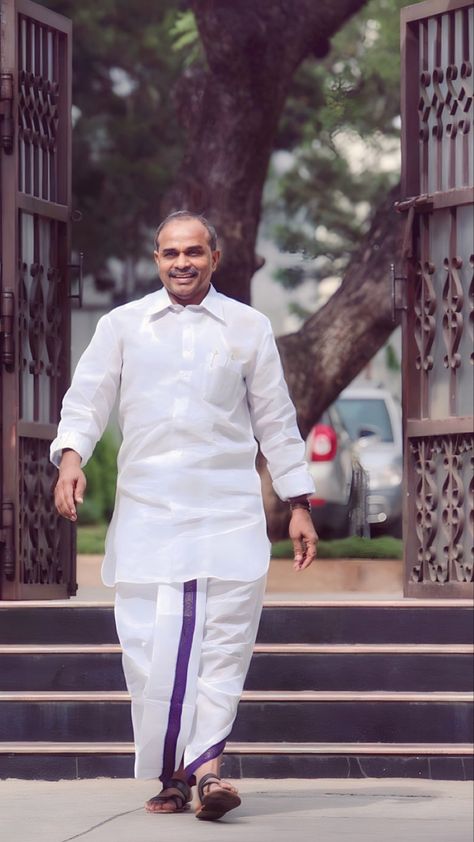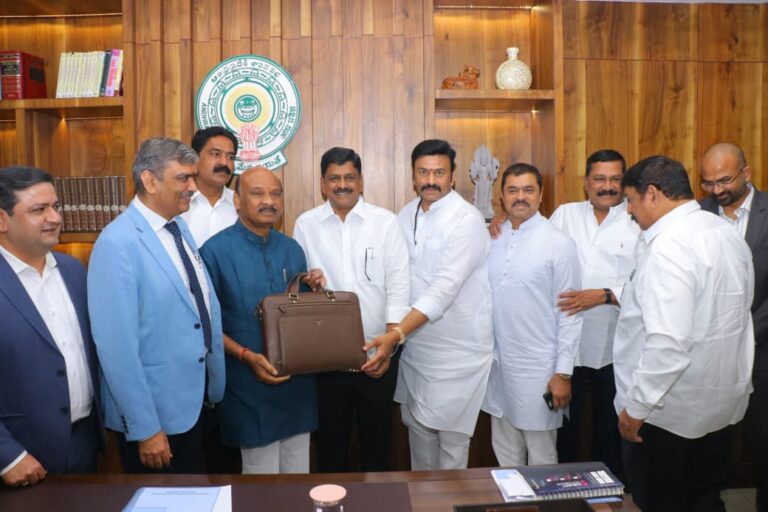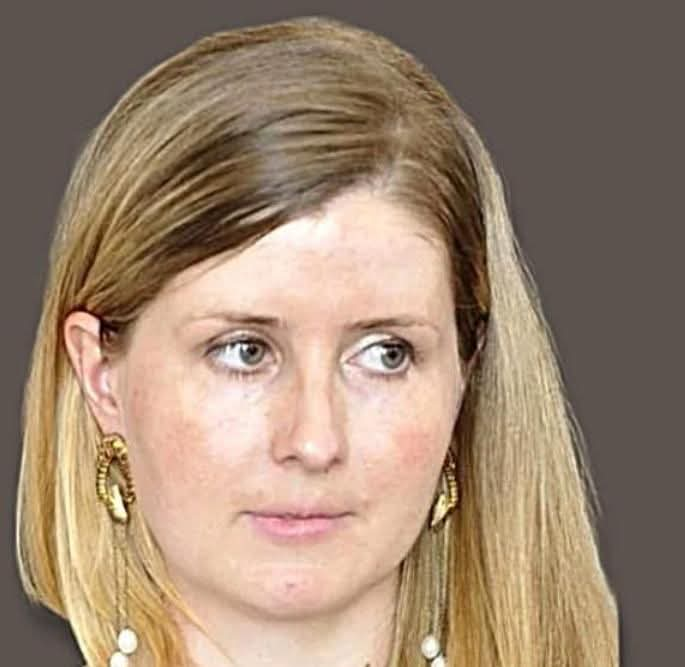· Revanth Reddy, Shabbir hold discussion with senior SC Lawyer Salman Khurshid
Hyderabad, September 23: Telangana Congress senior leaders on Friday had a detailed discussion on the proposed increase in quota for Scheduled Tribes and the ongoing case in the Supreme Court on 4% Muslim reservation.
Supreme Court senior lawyer Salman Khurshid, who was in Hyderabad on Friday, visited the residence of former minister & ex-Leader of Opposition Mohammed Ali Shabbir in Jubilee Hills. Salman Khurshid is representing Shabbir Ali in the Supreme Court in the 4% Muslim quota case.
TPCC President & MP A. Revanth Reddy, former union minister Balram Naik, TPCC Senior Vice President Zafar Javeed and other senior leaders were also present on the occasion.
Speaking to the media after the meeting, Shabbir Ali informed that the Congress leaders discussed the possible legal hurdles and implications if the State Government increases the quota for Scheduled Tribes from 6% to 10% by issuing a GO. Congress leaders were of the view that the quota for STs should be increased without any legal complications and that all safeguards should be taken to ensure that the Scheduled Tribes get the immediate benefit from the hike in their quota in jobs and education. However, they expressed apprehension that Chief Minister K. Chandrashekhar Rao might not honour his words and would not issue the promised GO to increase the quota for STs on one or the other pretext.
Further, a detailed discussion was held on the ongoing hearing in the Supreme Court on the 4% Muslim quota.
Salman Khurshid said that the Supreme Court would be hearing the cases challenging the constitutional validity of reservation for Economically Weaker Sections and the reservation given for Muslims in Andhra Pradesh (including Telangana) as a Socially and Economically Backward Class (SEBC). He said there were two-three important issues related to the EWS quota which might be raised during the argument. He said that the Supreme Court says that the quota, to the maximum possible extent, should not exceed 50% as it would be unfair to others.
“The meritorious candidates belonging to reserved category are eligible to benefit under 50% non-reserved open category seats. But the 10% EWS quota has reduced their opportunity from 50% to 40%. This will be discussed during the hearing,” he said. Further, many such issues will be raised during the argument by all parties.
Speaking about the 4% Muslim quota, he said many socially and economically backward classes of Muslims who were not included in the 27% OBCs were given a separate 4% quota in jobs and education. This was done after thorough research and based on the recommendations of the BC Commission. “No one should have complaints about the 4% Muslim quota as it was not snatched from any other community. When the matter comes for hearing, we will place our argument based on relevant facts, statistics and reports,” he said.
When the Supreme Court granted a stay on the 4% Muslim quota in Andhra Pradesh (& Telangana) in March 2010 while referring the matter to the Constitutional Bench, the then Congress-led UPA Govt defended the quota. But now the BJP, which openly opposed the 4% Muslim quota, is in power at the Centre. When asked whether the Centre would change its stand, from defending the quota in 2010 to opposing it in 2022, Salman Khurshid did not rule out the possibility. However, he said that the stand may change, but the law remains the same. “They (BJP) are known for saying one thing outside and a different thing inside. BJP leaders, including Prime Minister Narendra Modi, had advocated reservation for ‘pasmanda’ Muslim classes. If they really want to help all backward people, they must support and protect what already has been given,” he said.
Salman Khurshid refused to predict the likely judgment of the Supreme Court in the Hijab case. He said arguments were done at various levels during the hearing and it was strongly contended that the Constitution of India not only protects freedom of religion, but it also guarantees freedom for religious and cultural practices. If some woman wants to cover herself modestly, it must be respected, he said.
